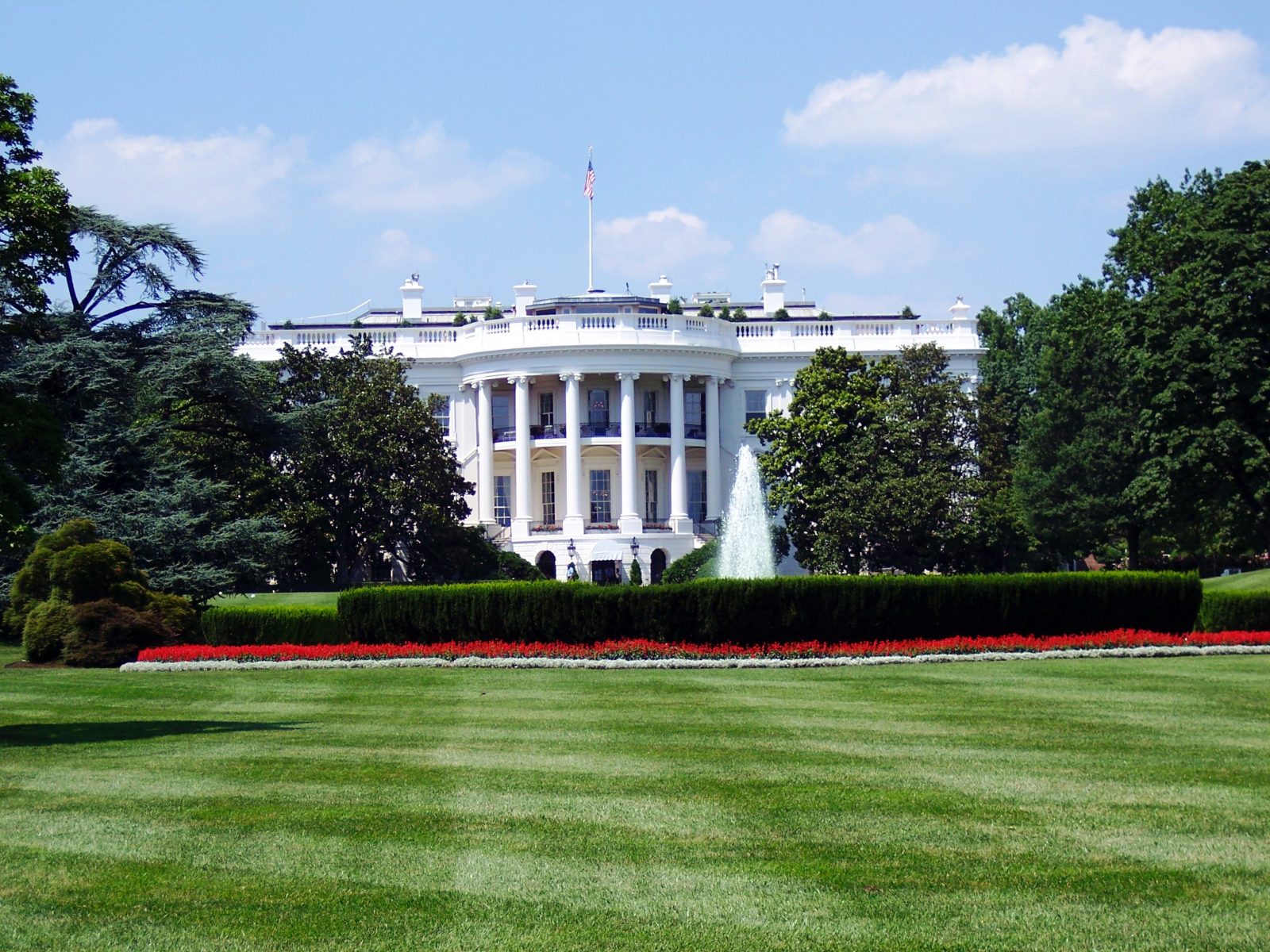Encouraging Teen Interest & Involvement in Government

By Myrna Beth Haskell
Most teens are quite savvy with their cell phones, checking out the latest posts on Instagram, sending Snapchats, texting at lightning speed, or using GPS to find a friend’s house.
They are completely in tune with the latest apps and online trends, tapping into the most obscure social networking sites before the rest of the population catches on.
What if teens were just as interested and up to date with the latest in political news? Could you imagine a world where teens cared more about their state senator’s position on education reform than their friend’s Instagram collage? In the 1960s, millions of young people across America became involved in politics due to their opposition to the Vietnam War. Since then, teens don’t seem to be as universally involved in politics.
How can parents and educators encourage teens to become involved and passionate about the political and economic issues affecting our country?
The Youth Demographic (Voting Statistics)
Most experts agree that a knowledge of civic responsibility, U.S. political history and issues, as well as registering to vote as soon as one turns 18 all contribute to a lifelong interest in government and politics.
However, the youth vote and youth registration rates (voters ages 18 to 29) still lag far behind other age groups. According to CIRCLE (The Center for Information & Research on Civic Learning and Engagement at Tufts University), 45% of registered youth aged 18 to 29 voted in the 2012 presidential election, while all other age groups voted at turnout rates of 60% and higher.
According to www.Campusvoteproject.org, “Despite widespread reports of overwhelming youth engagement in the 2008 election, young voters only made up about 19 percent of the electorate.”
What keeps young people from the polls?
“Young people don’t vote right away because they don’t see the importance,” explains Mary Ellen Balchunis, PhD, assistant professor of political science at La Salle University in Philadelphia, PA. “Once they get their first paycheck, see the taxes taken out, have car payments, pay health insurance premiums, and have families with children in day care, they begin to realize that it is important who is in government.”
Mary A. Evins, PhD, campus coordinator of the American Democracy Project and associate professor of history at Middle Tennessee State University, points out, “Some eighteen-year-olds express that they aren’t ready to vote yet, and some see voting as a chore and an inconvenience.”
What Educators Can Do
“As a college professor, I know how to get young people involved in politics,” says Balchunis. She reports that having discussions about issues that directly affect teens is key, such as staying on their parents’ health insurance or lowering interest rates on student loans. Balchunis regularly invites political figures to visit her classroom or to speak on campus. As a candidate for US Congress, Balchunis has also worked with teens on the campaign trail and understands that teens will want to get involved if they can do something they are good at. “Have teens volunteer at a campaign and help with the social media,” she suggests. “They are better at it than most of the adults in the campaign!”
My daughter’s US government teacher helped her students get registered to vote. She passed out registration forms and hand-delivered them to the county board of elections office. Many of these students were then eligible to vote for the school budget in May.
“Finding a connection to political education in every course and every subject and preparing our students for political competence are tasks for all educators,” Evins advises. “Programs for civic learning must be embedded in every level of education,” she continues.
What Parents Can Do
Young people should develop an interest in government and politics before they turn eighteen so that voting is something to look forward to.
I used to take my kids to the polls with me at a young age so they could experience the democratic process first-hand. They also knew that their father and I valued and regularly exercised our right to vote in all types of elections – school, local, and national.
Evins instructs parents to have thoughtful dialogues about community, state, national, and global issues on a regular basis. She also advocates visiting sites of local and state governance and planning family vacations to the state capital or to Washington D.C. to experience the legislative process and to see important monuments. “Parents who include civics education as part of regular family activities will help children grow naturally into understanding what their responsibilities are as good citizens,” she adds.
Balchunis recommends, “Share the newspaper with them and watch the news with them.”


 Myrna Beth Haskell is a feature writer, columnist, and author
Myrna Beth Haskell is a feature writer, columnist, and author






